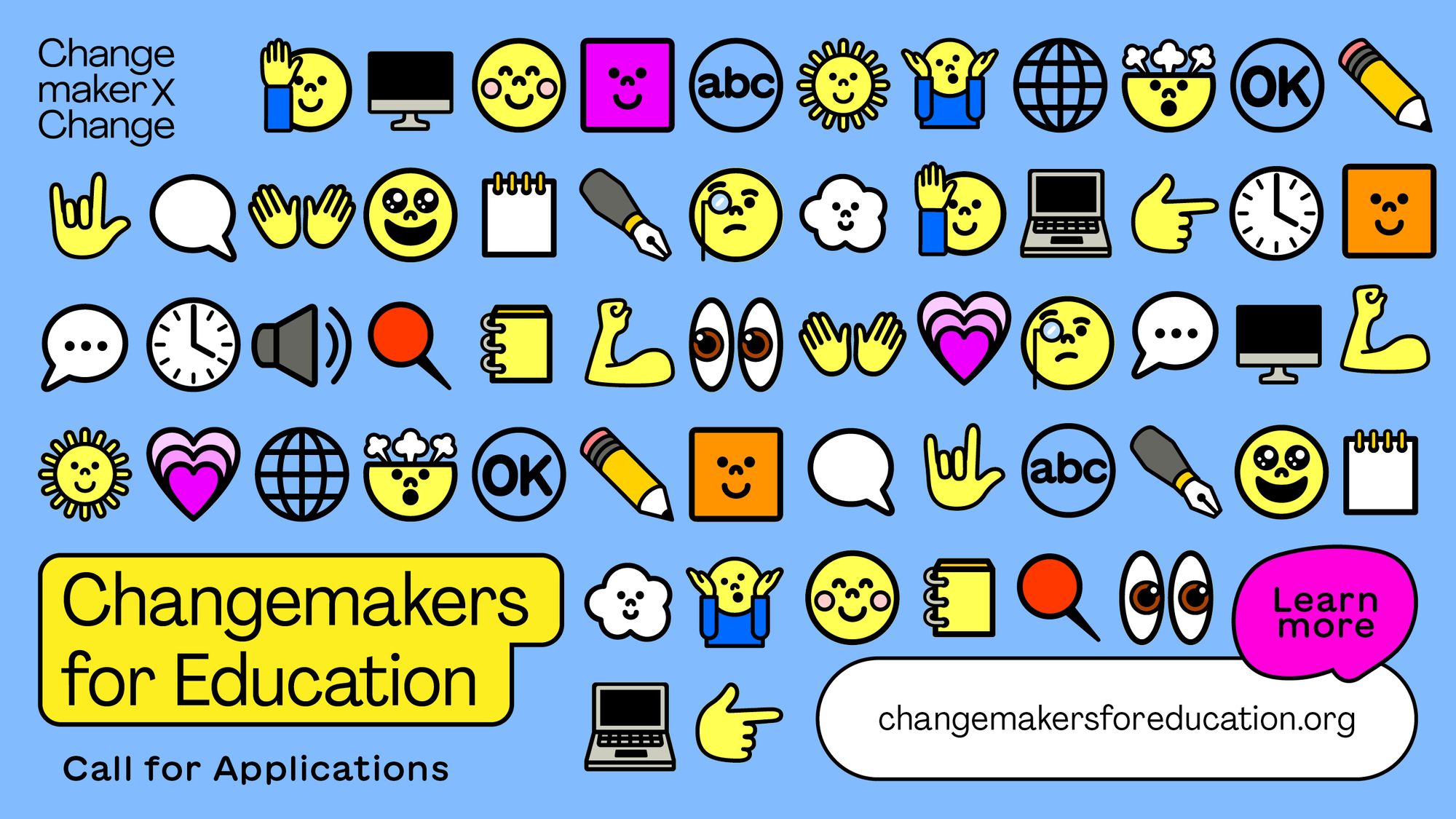
- Application Phase: 19th February to 17th March 2024.
- Deadline for Applications: 17th March 2024 (11:59 PM GMT).
- Review of Applications: 18th March to 27th March 2024.
- Next Steps: 28th March 2024 – All candidates will be informed, and shortlisted candidates will be invited to a (max.) 45 min online interview.
- Online In-Person Interviews: 28th March to 26th April 2024.
- Notification of Final Outcome: 3rd May 2024 – shortlisted candidates will be informed if they’re selected for the programme.
Learn more and apply here
The Changemakers For Education programme will search, identify, select and empower up to 25 young‚ education changemakers from across Asia in 2024.
Participants get to connect with other changemakers through a 5-day summit/s and collective experiences throughout the programme. They will also be connected to a wider ecosystem of partners, experts, supporters and collaborators. Last, but not least, they become members of the global ChangemakerXchange community.
Participants chosen for the programme will:
- Receive tailored support through an online capacity-building program led by experts and experienced leaders.
- Participate in a 5-day long in-person summit in August 2024, set in a stunning nature-based location, fostering connections and collaboration.
- Access small seed grants for cross-border initiatives to address regional education inequality, using a participatory budgeting approach
- Connect with a broader network of partners, experts, and collaborators, both within and beyond ChangemakerXchange's networks.
-
Join the global ChangemakerXchange community, gaining lifelong access to resources and regular opportunities for connection, learning, and co-creation with innovators worldwide.
Eligible Initiatives
Whilst not limited to the approaches below, we’d love to share a few examples of eligible projects and approaches, which could include working on:
- Bridging the digital divide between privileged children and youth and those that are underserved.
- Leveraging funding for underfunded schools.
- Providing access to literacy resources & tutors.
- Creating dynamic extra-curricular activities, with disadvantaged children in mind.
- Supporting teachers in under-resourced schools.
- Connecting children to high-quality free resources.
- Supporting diversity, equity and inclusion efforts in formal and informal education.
- Supporting parents from disadvantaged backgrounds and building strong teacher-parent partnerships.
- Providing access to education in areas where physical schools are not available.
- Policy change in order to increase education equality.
- Awareness raising and shifting mindsets to draw attention to the challenge and potential solutions.